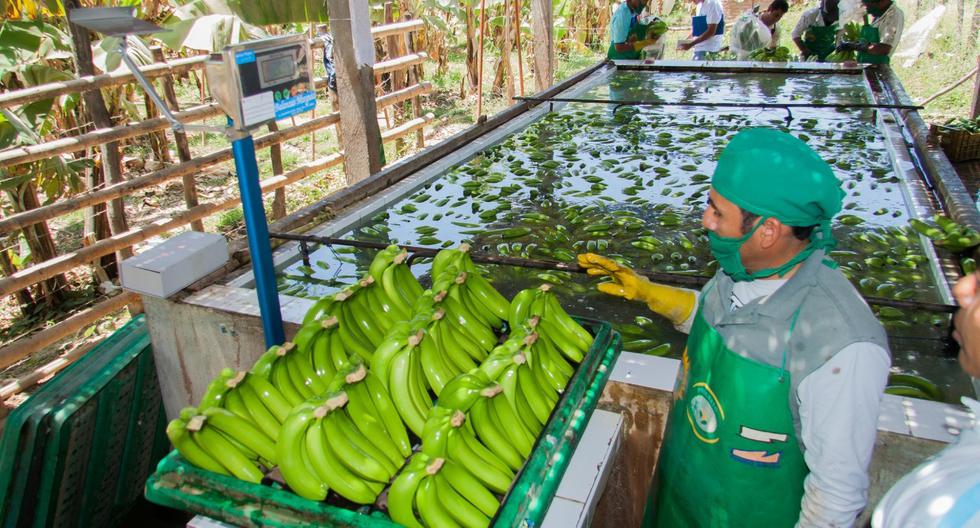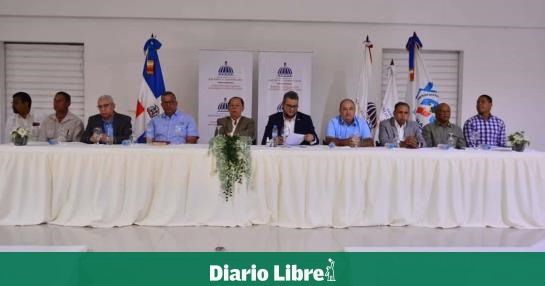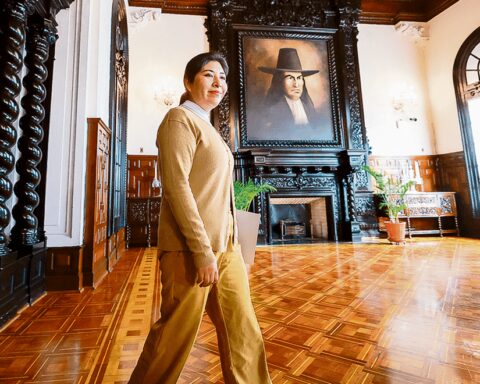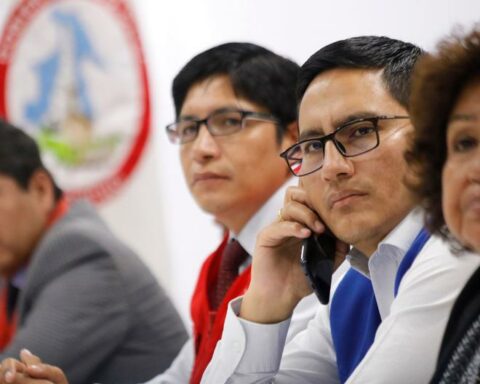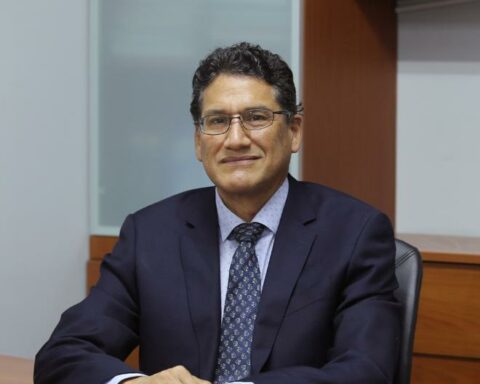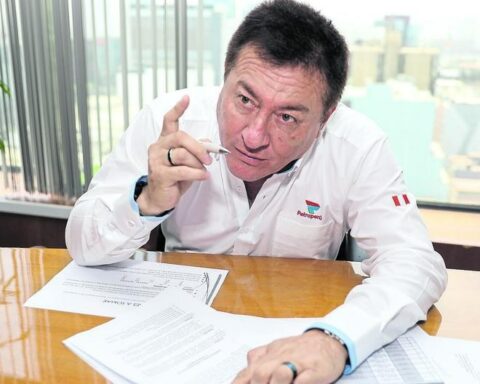The event was sponsored by the National Council of Science and Technology (Concytec), proscience and the world Bankand specialists from Peru, Chile, Colombia, Brazil, Nicaragua, Germany, the United States and England participated.
The international meeting, held from April 6 to 8, had the purpose of promoting the application of technologies in agriculture and agribusiness, which allow improving the productivity and quality of its processes, reducing costs, as well as illustrating the situation of Agro 4.0 technology. and the challenges for its implementation in Latin America.
Organic banana in Piura
According to the Food and Agriculture Organization of the United Nations (FAO), almost all bananas exported by Peru are organic, and the regions with the highest concentration of this crop are Piura, Tumbes and Lambayeque, with small farmers responsible for producing it. Furthermore, according to Ministry of Agrarian Development and IrrigationPiura is the first region that produces and exports organic bananas, with 9,000 hectares planted.
LOOK: Get to know this new anti-humidity system compatible with any construction system
The doctor William Ipanaquedirector of PhD in Engineering of the PDU, presented the initiatives developed by this house of studies on the use of artificial intelligence in organic banana crops. Projects such as the use of drones, artificial intelligence, image processing, climate measurements to anticipate the impact of pests, interconnected smart scales, among others, have made it possible to solve real problems in the industry and their usefulness has been proven in practice.
Researcher Iván Belupú, also from the University of Piura, highlighted that banana cultivation has been increasing; however, it has been affected by climate change, the infestation of pests and diseases that attack crops, among others; therefore, he pointed out that it is important to implement new technologies to achieve good agricultural practices and sustained productivity.
On the other hand, the magister Estefani Almeyda presented the research carried out as part of her doctoral thesis, in which she developed the state of the art of artificial intelligence applications in the harvest, post-harvest, processing and marketing of organic bananas in Piura. .
Technologies applied in Latin America
Erez Sionce, director of the Center for the Fourth Industrial Revolution (Colombia), explained that the use of data and 4.0 technologies (artificial intelligence, internet of things and blockchain) has had a great impact on the modernization of small and large-scale agriculture. However, according to the Economic Commission for Latin America and the Caribbean (ECLAC), only 31% of the agricultural sector uses technology for technical assistance or production activities.
To mention an example of the need to apply technologies to Latin American agriculture, Ricardo Fonseca, coordinator of Embrapa Digital Innovation (Brazil), indicated that, even since 1970, the population growth in Brazil showed that “without investments in science, the country would not be able to reduce the gap between the growth of the demand and the supply of food”. Therefore, he stressed that “the future of agriculture is 4.0 ″.
Engineer Michael Rubin, co-founder of Odapes Brazil, explained the properties and opportunities of the platform that Odapes develops, with the aim that small farmers, companies, agronomy professionals and agricultural cooperatives have access to technological tools that allow them to improve their activity. He emphasized the need to develop initiatives that allow the democratization of technology to face the current challenges of the food industry, such as inflation, pests that devastate crops, the emergency due to the pandemic, climate change, among others.
Smart Agriculture in the world
To give a global overview of economic development and agriculture, UDEP’s Research Vice-Chancellor, Marcos Agurto, pointed out that it is necessary to focus on countries such as South Korea, Taiwan, China and England, whose growth has improved quality of life of its citizens. A key tool that contributed to the growth of these countries, said the researcher and professor of the Faculty of Engineering, Dr. William Ipanaqué, is innovation. “Why do some countries get ahead and others do not keep up the same pace? There are places that have shown that, with science and innovation, great change can be achieved when the actors have a shared vision”, he pointed out.
Claudio Avignone, professor at the University of Surrey (England), stressed that the United Nations has raised sustainable development as one of its objectives. “This goal is aimed at ending hunger, improving nutrition and promoting sustainable agriculture, as well as guaranteeing sustainable consumption and production models,” she said.
And, from the University California Davis, Alireza Pourreza explained the experience of the model for the use of drones in digital agriculture. His scheme for the use of sensors, data interpretation and the practical use of information was applied to the efficient use of nitrogen, since in California the measurement of this element is very exhaustive in crop fields.
At the closing of the event, Dr. Ipanaqué stated that this meeting has been important to share experiences, promote networking for possible joint collaborations.
In our country and in some parts of rural Peru there are still many gaps to cover and these factors influence the productivity and quality of the processes; however, more than 35% depends on management and handling. For this reason, he added, researchers must participate regardless of natural conditions, since there is an interesting field of action, and with the help of technology and events like these, the relationship between the university and the company can be closer.

